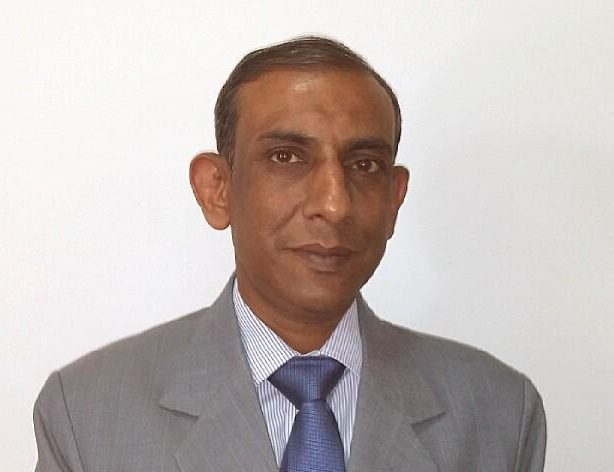Before starting any Olympic match, most players are usually thinking about how to beat their opponents in order to make their mark in history at the Olympic Games. Doaa El-Ghobashy and Nada Moawad, the two players in Egypt’s beach volleyball team, were just like any other participating athletes: they never expected to grab international attention. But when they did, it was not for their athletic achievements, but for their appearance.
El-Ghobashy and Moawad are the first athletes to represent Egypt in the beach volleyball event at the Olympics. However, when they first appeared, they sparked an uproar on social media and different media outlets due to their outfits.
For the first time in the history of Olympic volleyball, both players completely covered their bodies with long-sleeved t-shirts and leggings. Doaa and Nada both wore similar outfits, but Doaa wore hijab and Nada did not.
Appearing in a long sleeved t-shirt, leggings, and hijab was enough for Doaa to be heavily criticised for “not fitting in the Rio Olympics”. Despite the International Volleyball Confederation’s acceptance of the team’s outfit, Egyptians couldn’t socially accept the team’s outfit at the Olympics.
As the first woman wearing hijab to participate in Olympic beach volleyball, a sport whose female athletes play wearing a two-piece swimming suit, El-Ghobashy was met with hundreds of negative comments in response to her wearing leggings. Some people commented that what the team wore presents a negative image of Egypt worldwide. “Our team is playing volleyball wearing Carina body wear, great! Thank you Egypt for this!” Others criticised that stretch pants are not a part of a hijab, so technically, the players don’t represent Egyptian veiled girls accurately.
On the other hand, many defended the women’s right to wear what suits them as long as it doesn’t negatively affect their performance. However, all of the comments related to the girls’ exterior look without any focus on the athletes’ physical abilities displayed in the match.
Nevertheless, the two athletes displayed an image internationally that was met with positive international feedback. While they were harshly criticised in Egypt, international media portals looked at the fact that the Olympics bring together people from different cultures at the same time. The Spanish newspaper As posted a picture of El-Gobashy fronting her German competitor with a caption reading: “Two different cultures enjoying the same game. That’s what the Olympics do for us”.
El-Ghobashy never felt that the hijab was a barrier to following her passion. “I have worn the hijab for 10 years. It doesn’t keep me away from the things I love to do, beach volleyball being one of them. I’m proud to be seen raising the Egyptian flag in a celebration with so many nations,” El-Ghobashy told AP.
Similar to El-Ghobashy , Nour Sherbiny, the youngest girl to ever win the Women’s Squash World Championship, had been met with negative comments regarding her appearance at the championship, only this time it was because she was wearing shorts while playing. Something that many consider socially unacceptable.
Although both players were accused of presenting Egypt improperly, each for a different reason, they have both made unique achievements in the history of sports, securing for Egypt a place in international records.



